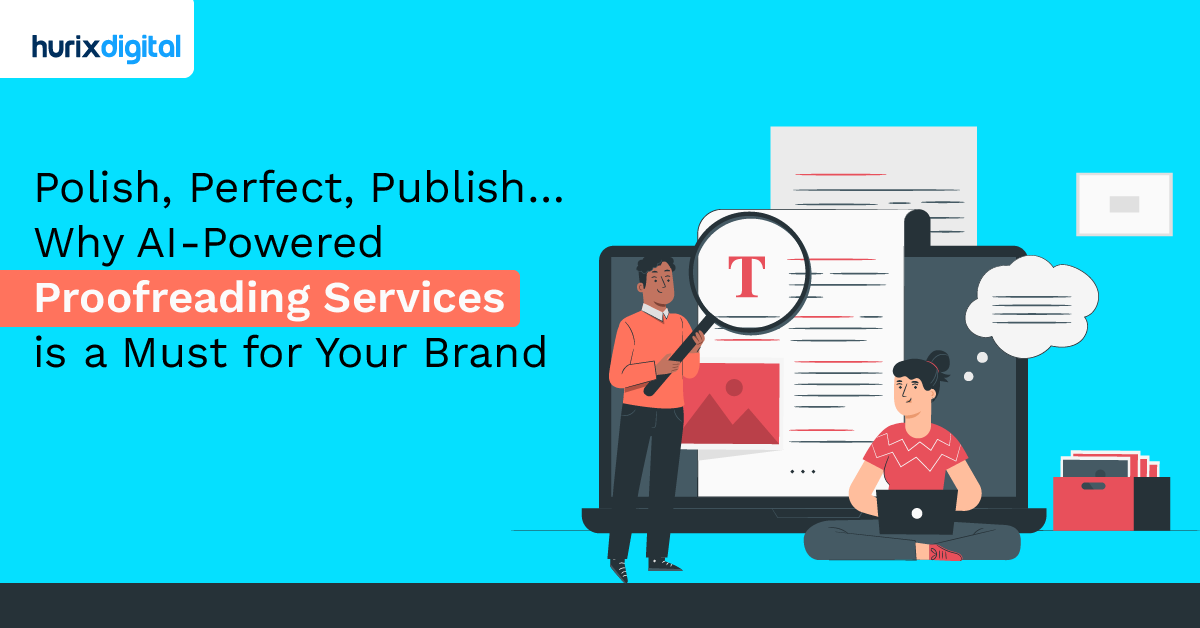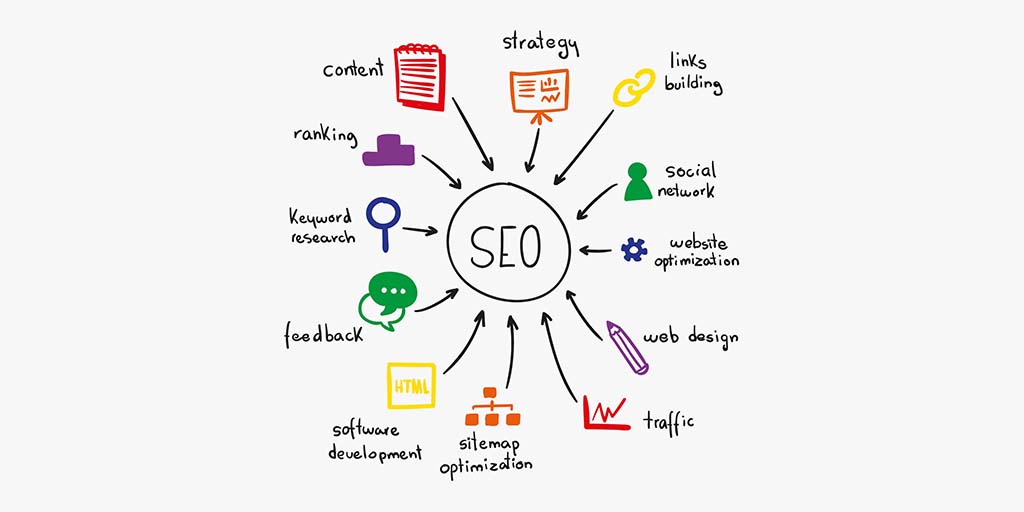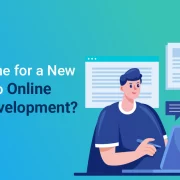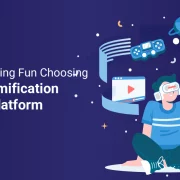
6 Tips for Lead Nurturing through Email Marketing
When somebody visits your website, it’s not always that he or she is there with an intention to buy. In fact, your lead might be in the research phase or in the consideration phase which means your lead still needs time to think about buying your product. Google calls it the Zero Moment of Truth (ZMOT).
You need to work on nurturing leads through the sales funnel to ensure that your leads convert into customers. You can engage your leads by sending well-timed and closely-targeted emails, with educational content and other information in which they may be interested. This journey from being a prospect to a customer is very well understood by Hurix Digital. You can create multiple lead nurturing campaigns for the different segments of your funnel and the different needs of your leads through email marketing.
Fast Fact: Nurturing your leads will lead to 50% more sales at a cost that is 33% less than non-nurtured leads.
There are a few challenges with email marketing though. Like not being opened or read, filtered out by bots, getting marked as spam etc. So how can you ensure that your messages will be read?
The basic idea behind lead nurturing through email marketing is to understand the buyer’s challenges, the buyer’s journey, and to offer them information that is relevant, and help them make the right decision. 6 Best Tips To Nurture Your Leads – 1. Deliver Interesting and Valuable Content The first step is providing valuable content. You should be educating them about your company, about your products and services. But be careful! Do not dive into product-oriented content from the start.
You can follow up your leads by sending them an e-book of yours that is much similar to the one that the lead has just downloaded.
Build trust with your leads and position yourself as an industry leader by including related content, such as
a. Blogs
b. Premium Content Offers
c. Case Studies
d. White Papers
Learn about creating great content here 2. Create Lifecycle Stages Lead lifecycle stages can get you the timing right on your lead nurturing tactics and provide leads with what they need at each stage of the journey.
So, you can figure out the buying lifecycle stages according to your business needs. Several companies’ first stage is “unknown lead” where the prospect has been browsing your website and is being tracked by your team. The prospect has yet not identified himself by providing you with his contact information. Understand these customer buying lifecycle stages with Hurix and learn the lead nurturing tactics for a better series of communication in your email marketing.
The other stages would be “known lead” where you are aware of the contact information of the prospect but the prospect is not yet engaged with your brand.
The next would be “engaged lead” where someone has shown increasing engagement towards your products and is moving towards your leading scoring. Other stages in the buying lifecycle are “Marketing qualified lead” is the stage when a lead is engaged enough with blogs and articles and is considered as sales-ready. “Sales qualified lead” is when the lead has the real propensity to buy and is ready to enter into discussions about their options with your brand. 3. Master the Art of Personalisation Personalization is automatically putting the recipient’s first name in the salutation. That’s just the first baby step. True personalization is achieved by customizing your content to address the specific needs of each individual in your database. This can be achieved by a smart team tracking your customers and prospects online footprint.
You can send emails that are relevant to their geographical area, product interests, and more. In this way, you can deliver messages every time that is sure to be engaging and convey a better, more personal experience in your lead nurturing efforts. When you are engaging in lead nurturing activities, you need to keep an eye on how slowly or quickly are your prospects progressing from one stage to the next. In email marketing, it is critically important to observe if the leads are piling up in the same stage or are they moving on to the next stage.
For example, do you enter the bookstore and buy the first book you see? Not knowing anything about the book? Never! But you have shown interest, just by picking up the book. Your first instinct is to check the plot. If there are testimonials from the newspapers printed on the cover, you tend to read them too.
Next stage arrives when you pull out your phone and check for reviews. You may even ask your friends if they have read it or heard about it. Once you are happy and done with reviewing, you make the purchase and walk out of the store happily. Checking up the plot, reading the testimonials and checking the reviews gives your prospect a clear idea about the book, thus helping them move from consideration to decision stage. 5. Frequency and Type of Email You should define the number of emails you want to send to your prospects. This can be done by the type of emails you will need to send to your segmented audience. It’s a big no to overwhelm your leads with too many emails in a short span of time.
It’s simple, put yourself in your customer’s shoes.
Ask yourself: What would I need at this point to engage with this brand based on what I already know about them? 6. Keep it Short! Your leads are bombarded with messages all day long. Structure your email in such a way that a glance of five seconds is enough for your prospect to understand its value.
Too much copy, unrelated links will only ruin your email marketing strategy. And not to forget, a strong call to action link or button should be the focal point.With this practice of developing a series of communications in email marketing, you can nurture your audience with ease. If you’re stuck on any of these lead nurturing campaign steps, you can look for Hurix Digital to understand what content should you use in your lead nurturing emails. Hopefully, this post can help you put together a killer lead nurturing campaign through email marketing.
Read More
The Secret SAUCE for Creating Great Content
How Do You Blend User Experience in SEO Writing?







